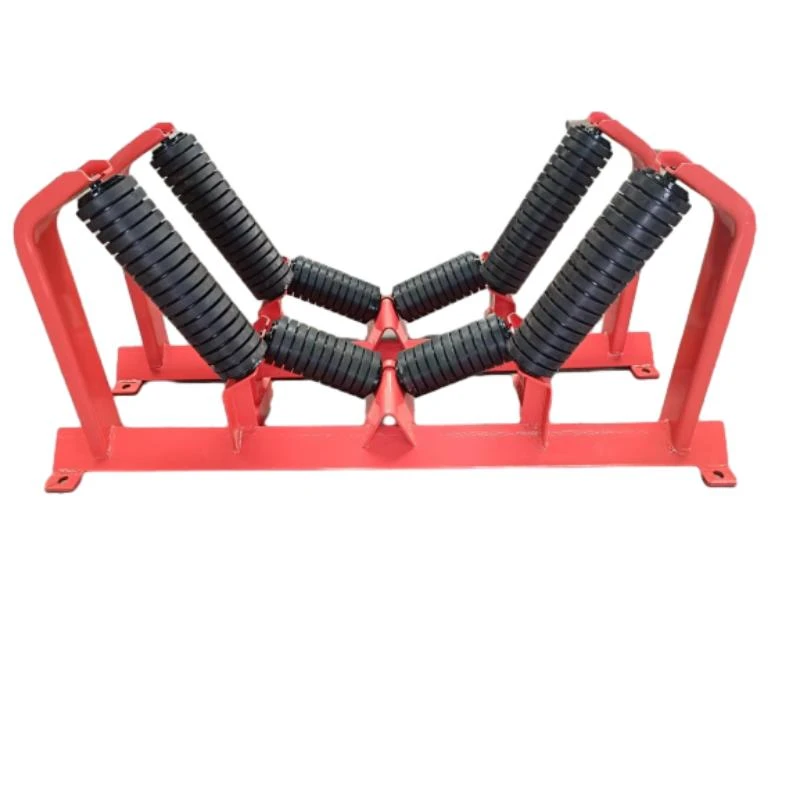 Afrikaans
Afrikaans  Albanian
Albanian  Amharic
Amharic  Arabic
Arabic  Armenian
Armenian  Azerbaijani
Azerbaijani  Basque
Basque  Belarusian
Belarusian  Bengali
Bengali  Bosnian
Bosnian  Bulgarian
Bulgarian  Catalan
Catalan  Cebuano
Cebuano  Corsican
Corsican  Croatian
Croatian  Czech
Czech  Danish
Danish  Dutch
Dutch  English
English  Esperanto
Esperanto  Estonian
Estonian  Finnish
Finnish  French
French  Frisian
Frisian  Galician
Galician  Georgian
Georgian  German
German  Greek
Greek  Gujarati
Gujarati  Haitian Creole
Haitian Creole  hausa
hausa  hawaiian
hawaiian  Hebrew
Hebrew  Hindi
Hindi  Miao
Miao  Hungarian
Hungarian  Icelandic
Icelandic  igbo
igbo  Indonesian
Indonesian  irish
irish  Italian
Italian  Japanese
Japanese  Javanese
Javanese  Kannada
Kannada  kazakh
kazakh  Khmer
Khmer  Rwandese
Rwandese  Korean
Korean  Kurdish
Kurdish  Kyrgyz
Kyrgyz  Lao
Lao  Latin
Latin  Latvian
Latvian  Lithuanian
Lithuanian  Luxembourgish
Luxembourgish  Macedonian
Macedonian  Malgashi
Malgashi  Malay
Malay  Malayalam
Malayalam  Maltese
Maltese  Maori
Maori  Marathi
Marathi  Mongolian
Mongolian  Myanmar
Myanmar  Nepali
Nepali  Norwegian
Norwegian  Norwegian
Norwegian  Occitan
Occitan  Pashto
Pashto  Persian
Persian  Polish
Polish  Portuguese
Portuguese  Punjabi
Punjabi  Romanian
Romanian  Russian
Russian  Samoan
Samoan  Scottish Gaelic
Scottish Gaelic  Serbian
Serbian  Sesotho
Sesotho  Shona
Shona  Sindhi
Sindhi  Sinhala
Sinhala  Slovak
Slovak  Slovenian
Slovenian  Somali
Somali  Spanish
Spanish  Sundanese
Sundanese  Swahili
Swahili  Swedish
Swedish  Tagalog
Tagalog  Tajik
Tajik  Tamil
Tamil  Tatar
Tatar  Telugu
Telugu  Thai
Thai  Turkish
Turkish  Turkmen
Turkmen  Ukrainian
Ukrainian  Urdu
Urdu  Uighur
Uighur  Uzbek
Uzbek  Vietnamese
Vietnamese  Welsh
Welsh  Bantu
Bantu  Yiddish
Yiddish  Yoruba
Yoruba  Zulu
Zulu Conveyor Support Hanger Solutions for Efficient Material Handling Systems
The Versatility of Conveyor Hangers in Modern Industry
In the fast-paced world of modern manufacturing and logistics, efficiency is the name of the game. One key component that often goes unnoticed but plays a crucial role in maintaining this efficiency is the conveyor hanger. These simple yet effective tools are vital for supporting and managing conveyor systems across various industries, from automotive to food processing.
Conveyor hangers are designed to support the entire structure of a conveyor system, ensuring that it operates safely and reliably. They are typically made from durable materials such as steel or aluminum, allowing them to withstand heavy loads and resist wear over time. Their primary function is to suspend the conveyor system from ceilings, walls, or structures, which helps to optimize floor space and create a safer work environment.
One of the most significant advantages of conveyor hangers is their adaptability. They can be engineered to accommodate different types of conveyors, whether they are belt conveyors, roller conveyors, or overhead monorails. This versatility allows businesses to customize their conveyor systems according to their specific needs and operational requirements. Furthermore, conveyor hangers can be adjusted in height and angle, providing flexibility in layout and design.
In the automotive industry, conveyor hangers play an essential role in assembly lines. They support complex conveyor systems that transport parts and finished vehicles through various stages of production. By utilizing conveyor hangers, automotive manufacturers can keep their production lines organized and efficient, minimizing the risk of bottlenecks and ensuring a smooth workflow. This efficiency is not only beneficial for meeting production targets but also crucial for maintaining quality and consistency in the final product.
conveyor hanger

In the food processing sector, conveyor hangers are equally important. They support conveyor systems that transport food products through different stages of production, such as washing, cutting, packaging, and inspection. These hangers must meet strict hygiene and safety standards, and many manufacturers use materials that are resistant to corrosion and easy to clean. By ensuring that food products move through the production line efficiently and safely, conveyor hangers help companies adhere to food safety regulations and maintain high standards of quality.
Another key advantage of conveyor hangers is their cost-effectiveness. They provide a robust solution for supporting conveyor systems without the need for extensive infrastructure modifications. This means that businesses can easily install or upgrade their conveyor systems, allowing them to adapt to changing production demands without incurring significant costs.
Moreover, the use of conveyor hangers can lead to reduced downtime, as they contribute to the overall reliability of the conveyor system. Regular maintenance and the ability to quickly replace or adjust hangers can ensure that conveyor systems operate smoothly, minimizing disruptions in production schedules. This reliability, in turn, enhances overall productivity and efficiency, allowing companies to meet customer demands more effectively.
In conclusion, conveyor hangers may seem like a small component in the grand scheme of industrial operations, but their impact is profound. Offering versatility, adaptability, and cost-effectiveness, they are integral to the success of conveyor systems in various industries. As businesses continue to seek ways to improve efficiency and optimize their operations, the role of conveyor hangers will undoubtedly remain vital. Whether in the automotive sector, food processing, or any other industry that relies on conveyor systems, these hangers are essential for achieving operational excellence and ensuring a streamlined workflow.
-
Revolutionizing Conveyor Reliability with Advanced Rubber Lagging PulleysNewsJul.22,2025
-
Powering Precision and Durability with Expert Manufacturers of Conveyor ComponentsNewsJul.22,2025
-
Optimizing Conveyor Systems with Advanced Conveyor AccessoriesNewsJul.22,2025
-
Maximize Conveyor Efficiency with Quality Conveyor Idler PulleysNewsJul.22,2025
-
Future-Proof Your Conveyor System with High-Performance Polyurethane RollerNewsJul.22,2025
-
Driving Efficiency Forward with Quality Idlers and RollersNewsJul.22,2025





























